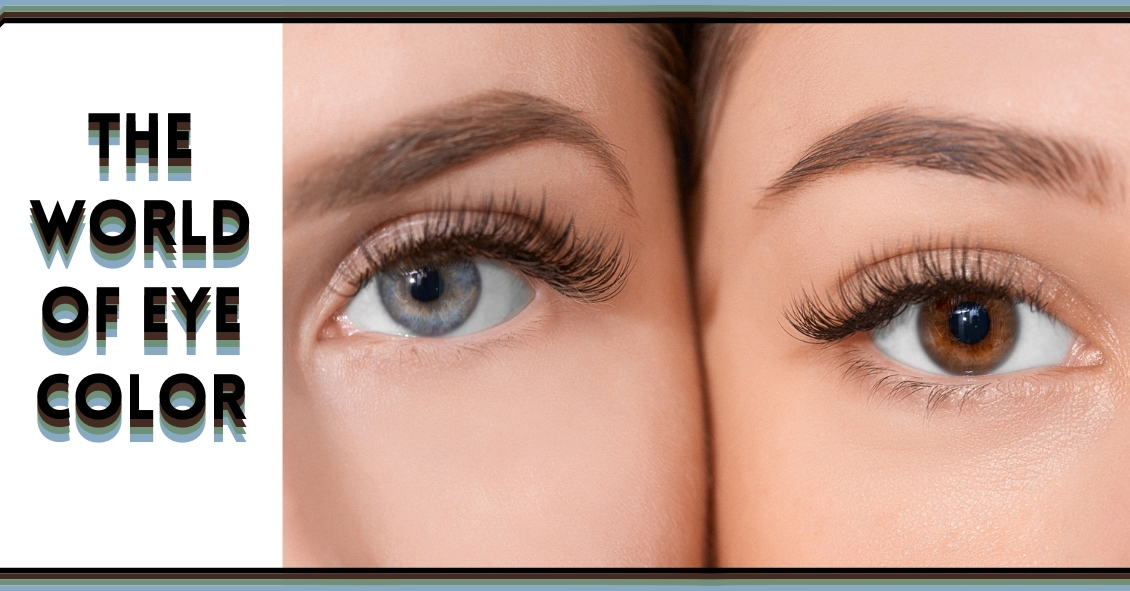
What's one of the most common questions people ask when a baby is born? "WHAT COLOR ARE HIS EYES?” is usually right up there.
What makes the color of our eyes appear as they do? What role do genetics play? What if you don’t like your eye color--can you change it? Are there any medications that can change eye color? Get ready to explore the science behind eye color by starting at the beginning.......
Baby’s eye color can change. A baby can start out with blue eyes, for example, that change to brown as she ages. It’s all dependent on a brown pigment called melanin which develops as a child grows. The more melanin present, the darker the eye color. Brown eyes have the most pigment saturation, green/hazel eyes have less melanin, and blue eyes have the least pigment. The color of eyes is dependent upon genetics. Genetics are complicated, but generally speaking brown trumps blue if there is a brown-eyed parent. This is because darker pigment is the dominant trait in genetics. This isn’t to say that two brown-eyed parents could not have a blue-eyed child......it's just not very common. In recent years, scientists have found many genes that play a role in determining eye color. For example, in March 2021, researchers announced that they had discovered 50 new genes that play a role. So yeah...it's more complicated than was thought.
So what if you don’t like your eye color? Can you change it? Yes, you can. The most common way is through cosmetic colored contact lenses. It’s possible to change almost any eye color, even changing brown to blue. A special colored dye is injected into the contact lens material, creating magnificent colors. There are also surgical methods for changing iris color but the risks far outweigh the benefits, so it is not recommended. Furthermore, contact lenses are medical devices that alter cellular tissue, which makes it really important to get your color contacts by obtaining a prescription for a legitimate brand from an eyecare practitioner.
Some medications can change eye color. A class of medication called prostaglandins, used to treat glaucoma, has a side effect of darkening the iris color. This same class, in a weaker strength, is used to lengthen eyelashes. Studies have shown that in a certain percentage of patients, light blue and green eyes have turned brown.
So maybe Crystal Gayle was looking into a crystal ball when she sang "Don’t It Make My Brown Eyes Blue," predicting eye color changing medications to come.
Only future science holds the key to permanent eye color change. But in the meantime, genetics, medication, and cosmetic colored contact lenses can enhance and change the color of your eyes.
This blog provides general information and discussion about eye health and related subjects. The words and other content provided in this blog, and in any linked materials, are not intended and should not be construed as medical advice. If the reader or any other person has a medical concern, he or she should consult with an appropriately licensed physician. The content of this blog cannot be reproduced or duplicated without the express written consent of Eye IQ.


